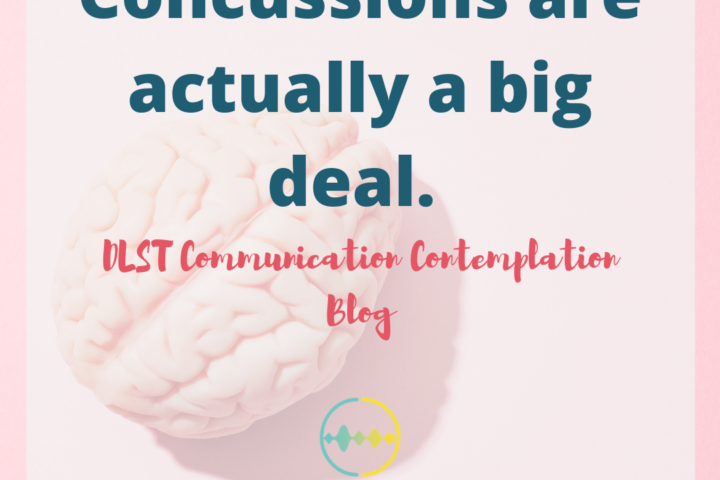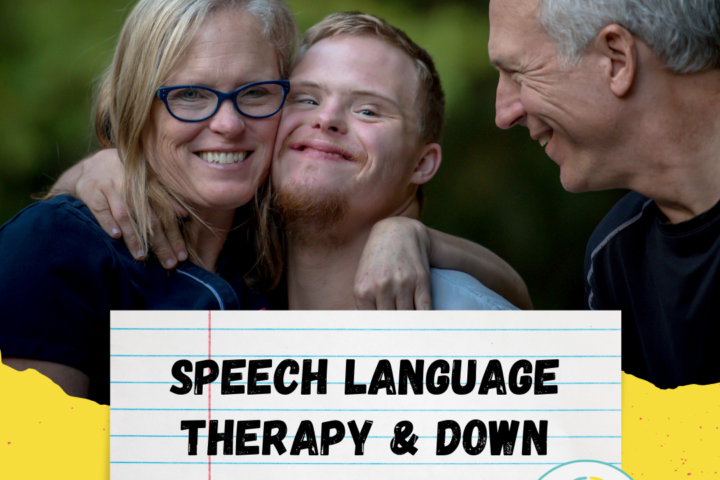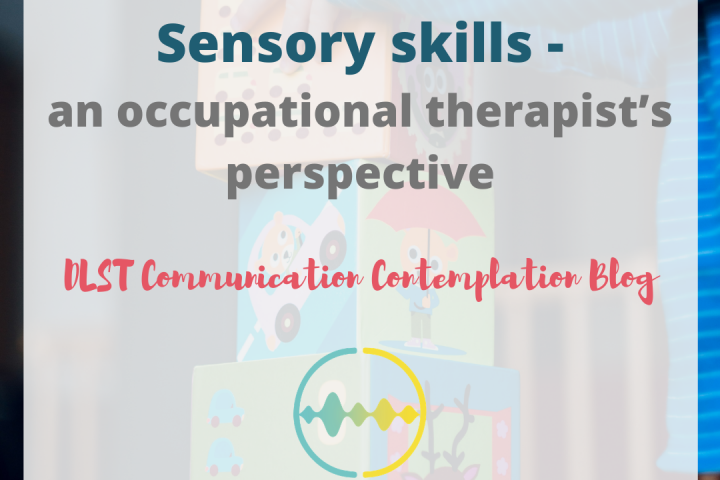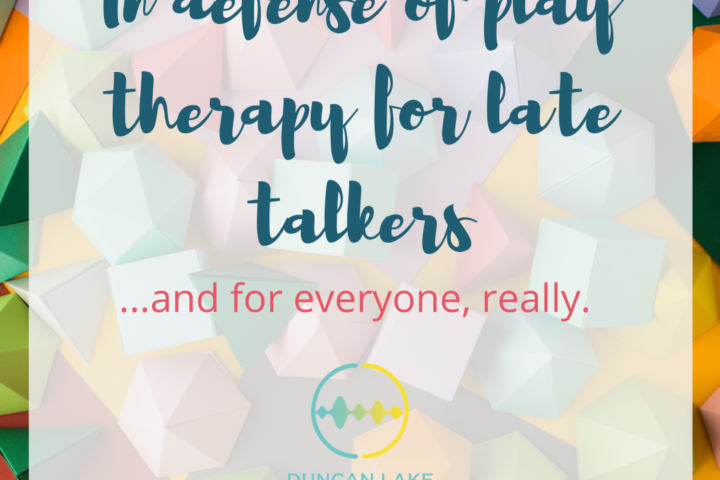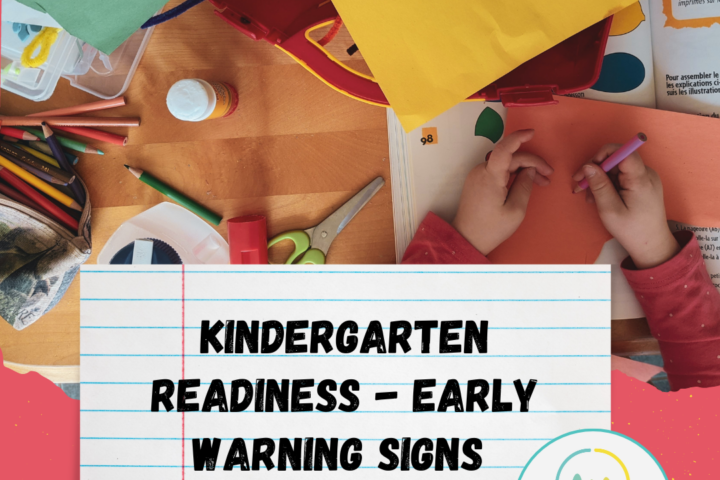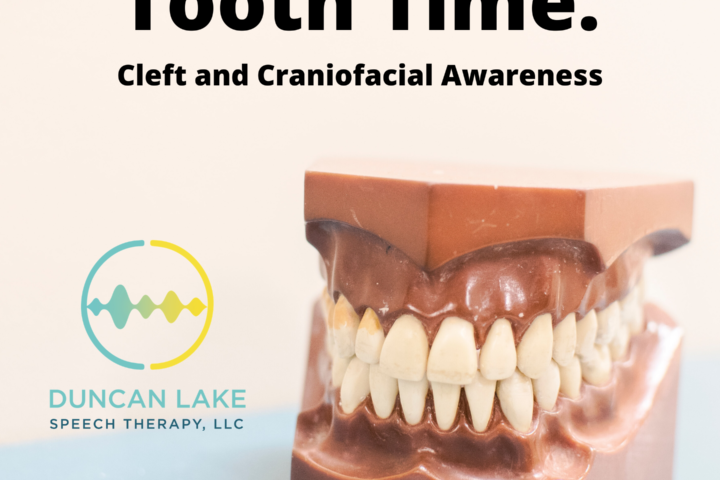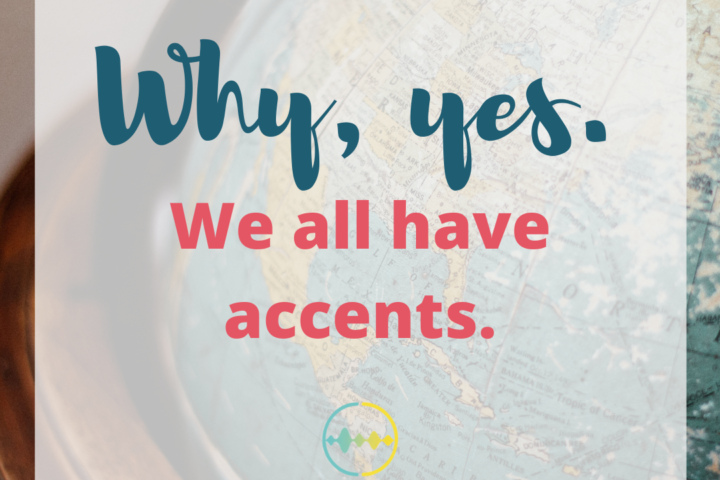Who remembers this scene from what may arguably be one of the best teen movies of the late 90s? Julia Stiles (Kat) slams her head on a light fixture at a party and sustains what Heath Ledger (Patrick) determines is a concussion. Humor ensues.
This is a pretty common portrayal of concussions. While some of it might be true (funny things people say, etc.), what is not discussed nearly enough is the fact that concussions are actually BRAIN INJURIES. REAL BRAIN INJURIES.

